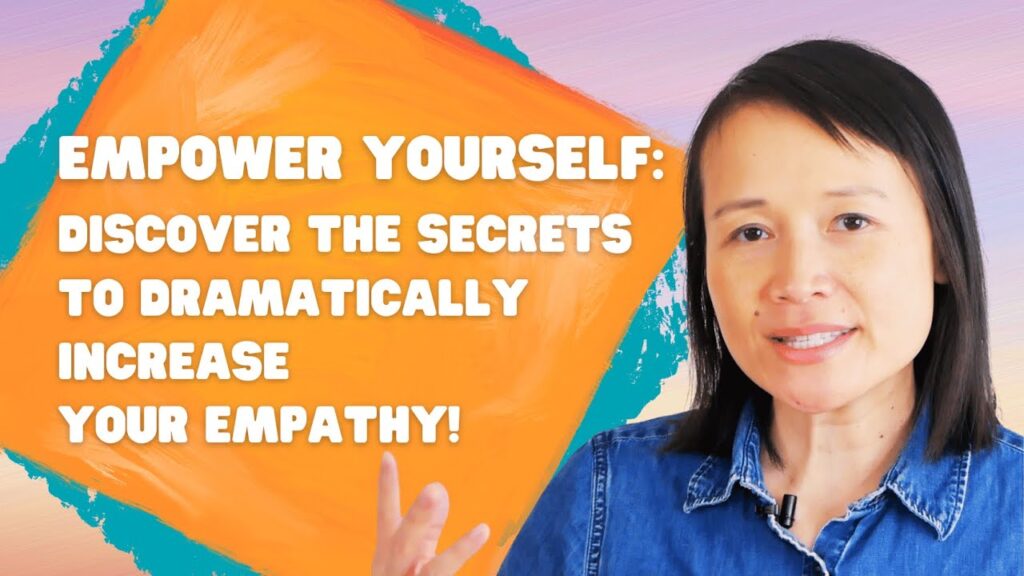
“Can my empathy for others develop as my own life changes?”
Empathy is about being able to share what others feel. Sympathy is understanding someone else is suffering.
It’s easier to notice when other people lack empathy than to acknowledge that we may have less empathy than we think. Our ability to empathize can actually change as we get older. We can have less of it.
Something that feels vulnerable to many people is asking for help. Unless we have to ask others for help, we usually won’t. The more power, wealth, and seniority we gain, the more we are shielded from having to ask. Over time, our ability to empathize with those who do have to ask for help fades. Instead of empathizing, we sympathize.
There are many people in this world who need help and who have to ask for it. When we ask others for help, we can deepen our ability to empathize with those who need help.
I often hear from friends wealthy friends who grew up poor that they worry about their children’s ability to empathize with those who don’t have as much. If you are in this predicament, you can teach your children how to ask for help. Teaching them how to help those who have less than them will teach them sympathy, not empathy.
Having empathy matters. Many studies show empathetic leaders are more effective at increasing trust, collaboration, and productivity.
I share a three-step exercise I created to help people call forward experiences that will enable us to develop more empathy, at least around how vulnerable it can feel to ask for help out of need.
1) Think of what you’re going to ask for help.
The first step is to think of something you personally need. It could be something that would improve your life that you don’t have the resources for or that would be a financial hardship or great inconvenience. It could be asking for someone to take you to the doctor or lend you their vacation home or watch your pet.
This is not about asking for help on behalf of another individual or organization, like fundraising for a nonprofit. Also, this does not include sales transactions. Asking someone to compensate you for something that they will get value from is not the same as you asking for their help.
You might be thinking “There’s nothing I want that I can’t get on my own” or “I don’t want anything that I can’t afford.” Then perhaps your ask is a “nice-to-have”, not a “must-have”.
Until you can think of something, you won’t be able to empathize with people who ask for help when they don’t want to.
2) Think of who you’re going to ask
- Could fulfill your request directly, by themselves
- Might say no
- May change their opinion of you after you ask, whether good or bad
- Is not in any way obligated or incentivized to say yes
Don’t consider people who you think are likely to say “yes”. People who have said “yes” in the past or who offered to help you also don’t count. Don’t include people are financially incentivized or who might feel obligated to say yes to you.
3) Make the ask
The third step is to make the ask. Once you do that, you can draw from this experience as a source of empathy.
I have to remind myself to practice this exercise too. I swallowed my pride recently when got invited to a VIP dinner. While I suspected it would be expensive, I still got sticker shock when I received the invoice. I was asked to make another contribution. I struggled over whether I should say something. Remembering this exercise, I decided to admit to the host, who I’ve never met, that I can’t afford the additional gift and asked her to waive the request. She did.
It doesn’t matter what you’re asking for as long as you personally feel vulnerable. We all have different thresholds for what threatens to wound our pride.
When we are able to acknowledge what help we need for ourselves, we’ll develop empathy and not just sympathize with others who ask for help.
Asking for help to build our empathy can’t be a theoretical exercise. You actually have to do it so that you can feel it.
You might also be interested in reading my op-ed on “Learning to ask for help strengthens us as a community” in the Seattle Times.

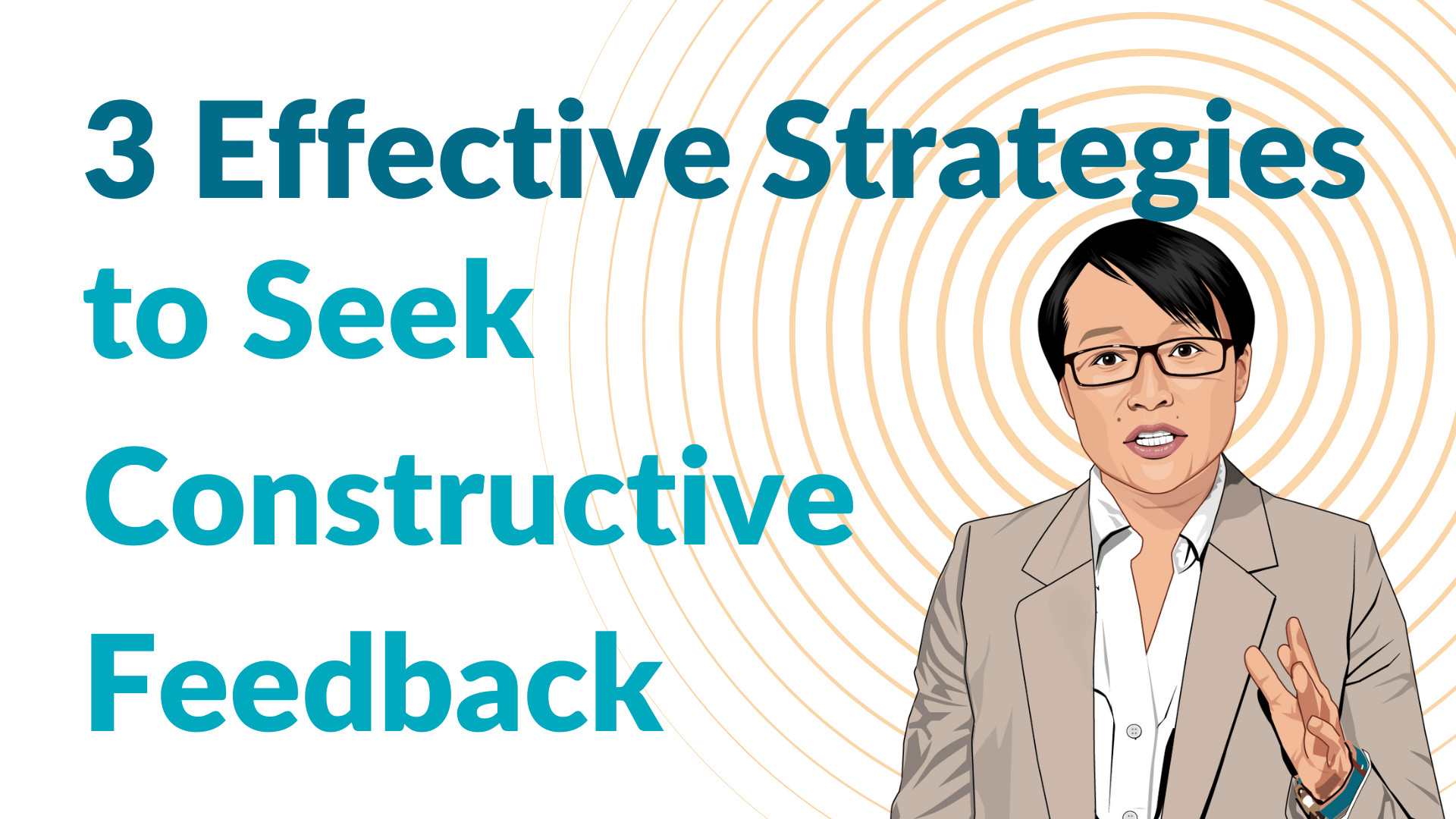

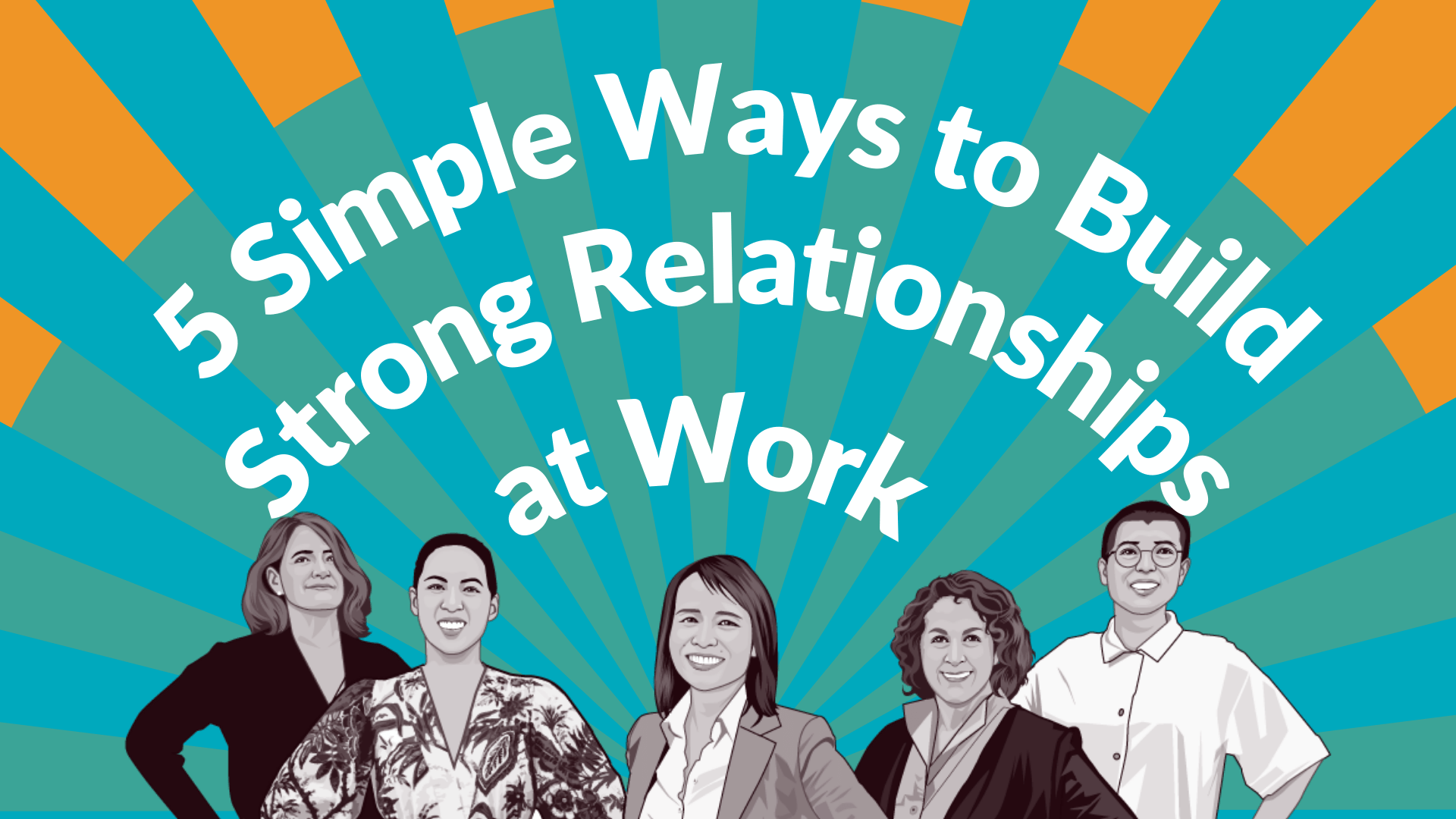
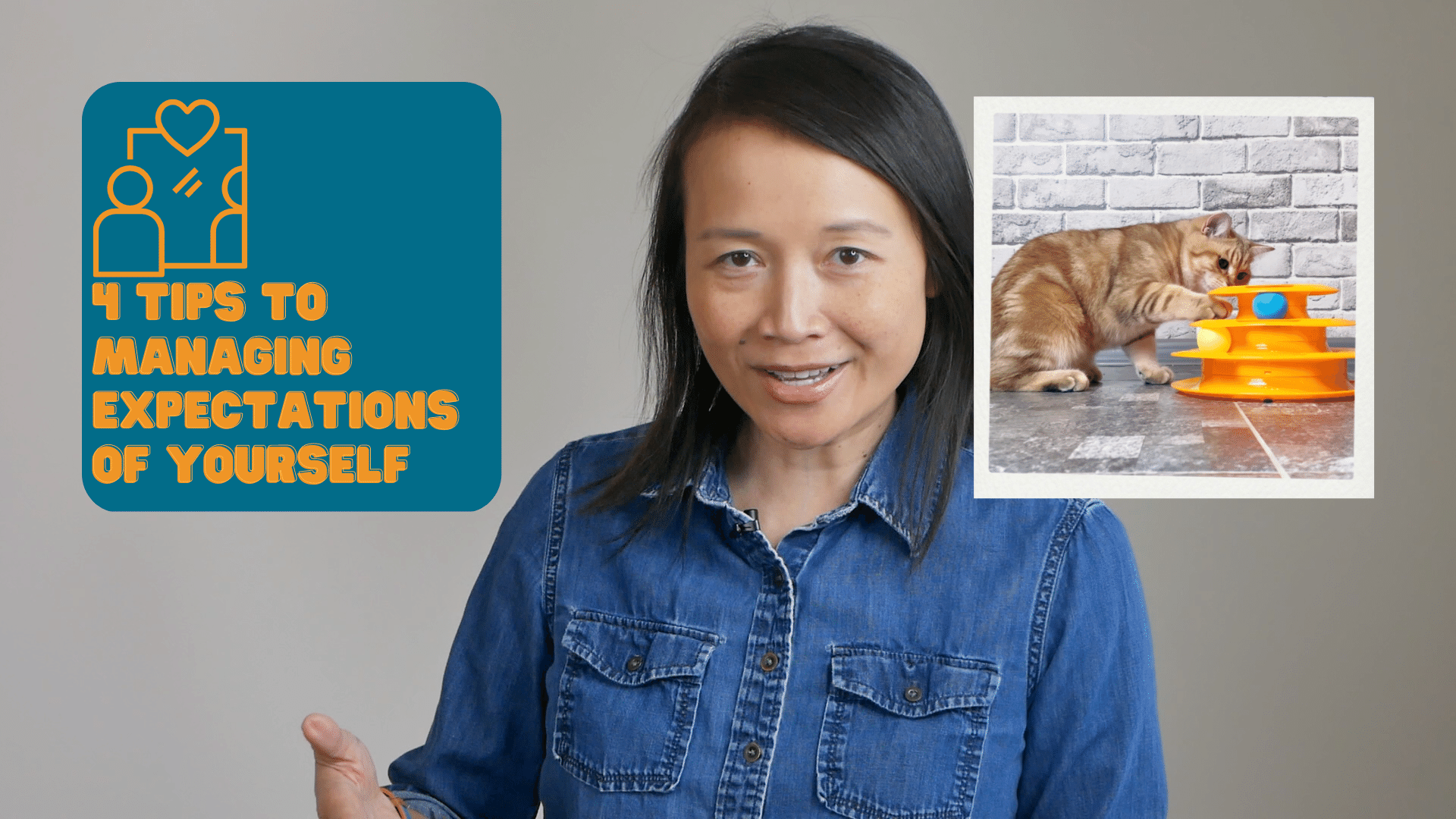


Leave a Reply